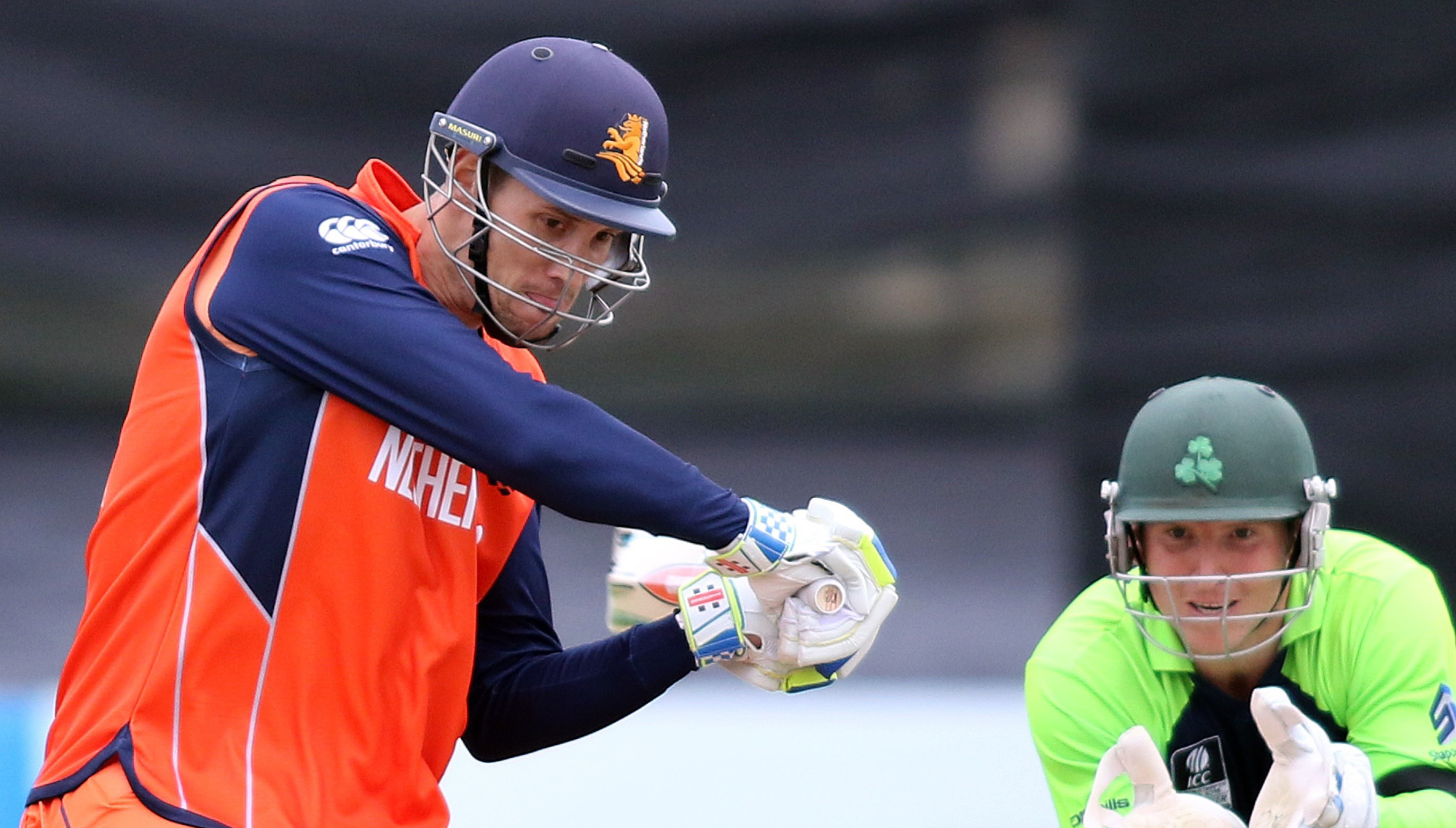
There was uproar when the ICC announced that the World Cup would be reduced to 10 teams, associate nations being driven out of the competition in a bid to improve the quality of cricket on show at the tournament.
Little care was given to the progress both already made and still needed by the emerging nations like the UAE who have made remarkable strides in recent memory but need to be pitted against the best teams in the world to stand a chance of continuing their development on the world stage.
With no Test playing nations willing to play associates in any cricket of substance, where will they get their opportunity without a bigger, all encompassing world tournament?
And here at the World T20, the opening qualifiers that include Ireland, Afghanistan, Scotland, Netherlands, Hong Kong, Oman, Zimbabwe and Asia Cup runners-up Bangladesh are up against exhibition matches of the Test playing nations.
Six warm-up matches featuring India, England, Pakistan, New Zealand, Sri Lanka and the West Indies are all scheduled during four qualifying game days, taking away from the fact the tournament has already started in earnest.
And as Ireland take on Oman on Wednesday, over in Cape Town South Africa and Australia play out a deciding T20I in the final edition of their three-match series.
It is a worrying precedent to set and the ICC’s smoke and mirror approach to associate members was brought glaringly to light this week as Fox Sports published an article online that showed new levels of patronising, misguided views on cricket’s “minnows”.
Robert Craddock wrote how the ICC had done so much to enhance the game and that associate countries should be grateful for the “new” format, which is the same as the 2014 edition.
The likes of Andrew Nixon and Peter Miller – experts in cricket’s emerging regions, the latter co-author of Second XI – Cricket in its Outposts – rightly set about correcting Craddock but if his poorly researched and naïve views are reflective of wider opinion then it is of grave concern.
Ignoring the fact Craddock set a scene of idyllic Nepalese cricket and wrongly suggested that they were playing in the World T20, this sort of attitude towards the nations lower down the pecking order will only be exacerbated if things continue down the same path.
The ICC must finally commit to these qualifiers, put them front and centre and show the world the quality of the players and the strides they are making.
Love how ICC pretend that WT20 structure down to wanting competitive matches throughout. Entirely down to associates kicking off about 2015.
— Andrew Nixon (@andrewnixon79) December 11, 2015
Most of these countries have remarkable stories, from their early infrastructure to the individuals that representing their nations despite being only 16 years old, to those who are playing on the world stage having only picked up a cricket bat in the last decade after falling in love with the sport as an expat.
It is these stories that need to be told far more than another profile of how Sri Lanka won the last edition of the tournament or a feature describing that, funnily enough, Virat Kohli is in fact a very good cricketer.
That information is there for all to see, even if the likes of Craddock are too lazy to search Kohli on Google and go to his ESPN Cricinfo page.
Instead, these qualifying events must be given precedence and a time in the sun just as the viewing public is getting geared up for the tournament.
Whether they have an interest in associate cricket before the matches or not doesn’t matter. On the contrary, in fact.
It is an education, a learning experience and one that the majority of cricket fans will find fascinating should they be given more of a chance to take it all in.